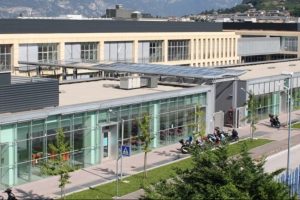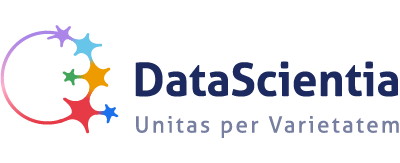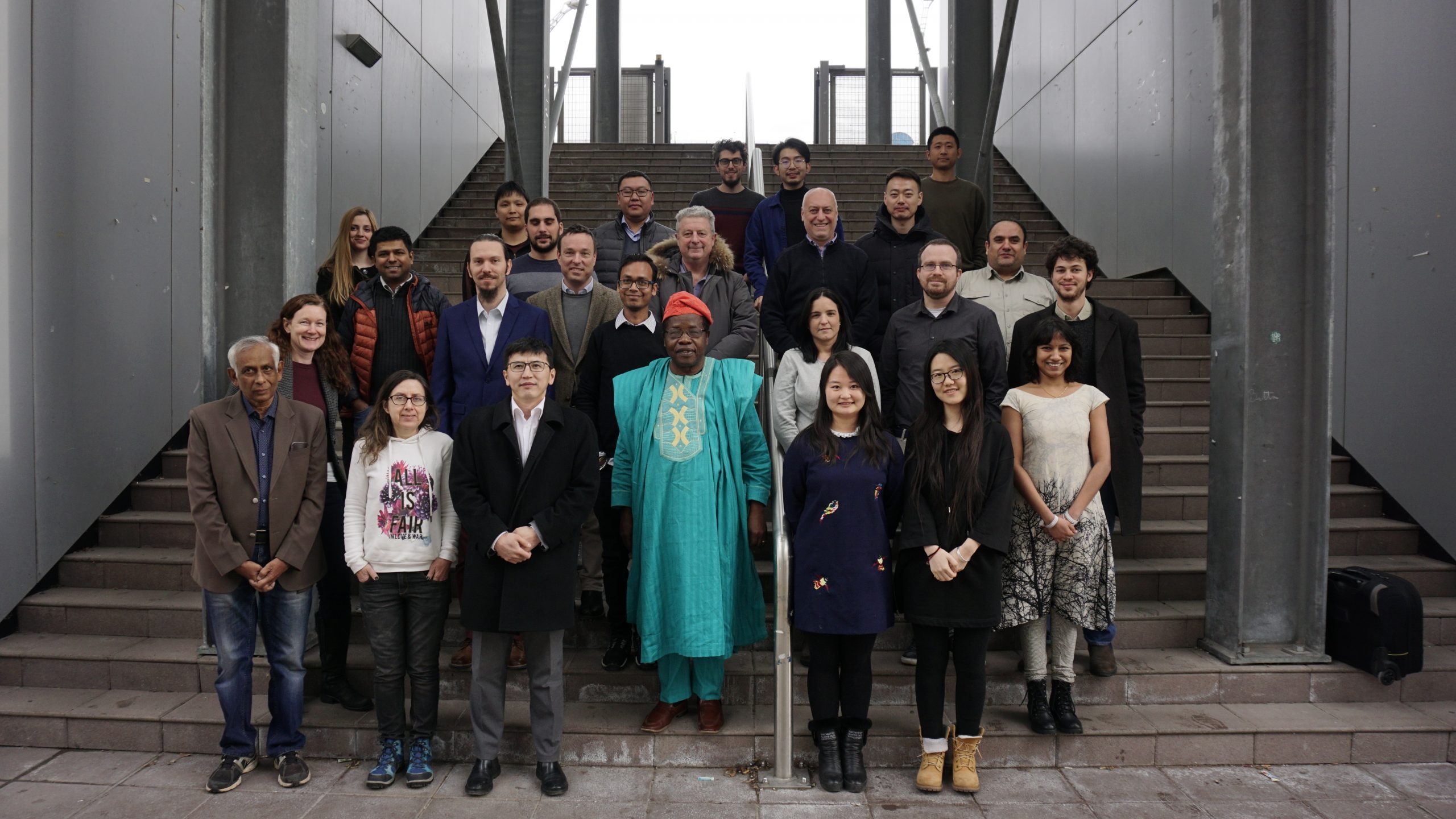
Not-for-profit cause launched for studying language diversity using artificial intelligence
- Posted by admin
- Categories Events, Initiative
- Date February 4, 2019
Led by the University of Trento in Northern Italy, in collaboration with six other partner institutions from Europe, China, India, Mongolia, Mexico, South Africa and South America, researchers from these institutions have announced the launch of the new initiative DataScientia aiming at studying and connecting the diversity and unity of the world’s languages, with a special focus of under-resourced languages. The consortium of founding members includes Italy’s University of Trento, the National University of Mongolia, India’s Amrita University, China’s Jilin University, Paraguay’s Catholic University “Nuestra Señora de la Asunción”, South Africa’s Tshwane University of Technology, and UK’s Heriot-Watt University. The consortium will be working on several world languages including Italian, Gaelic, Spanish, Tamil, Malayalam, Hindi, African, Guarani and Mongolian. The workshop detailing this multi-community and multi-disciplinary project, held on January 29-30, 2019 at Trento, Italy, covered various enabling disciplines and technologies ranging from Artificial Intelligence and Computational Linguistics to linguistics, philosophy and social sciences.The DataScientia consortium has already set up projects for the development of various systems, among them: the Universal Knowledge Core (UKC) which allows the integration of the lexicons of the languages used to describe the world as perceived by the various cultures and languages, an engine for corpora collection, the SCROLL framework for multilingual Natural Language Processing, the data integration platform Digital University and a service provision platform based on behavioural patterns called Smart University.Prof. Fausto Giunchiglia from the University of Trento, who started this initiative, said: “This is a very important event which lays the basis for a new generation of research initiatives. The development of a single multilingual resource which integrates the world languages, its evolution in time, and its use for the study of the diversity and unity of languages, can be done meaningfully only with the participation of the people and Universities coming from and representing the relevant cultures. To succeed, we must develop this initiative as a win-win project where everybody brings their own culture and gets back the knowledge of how it relates to that of the others.” The consortium aim is to create a non-profit organisation which will ensure the long term sustainability of the project. While doing this, it will also engage and partner with many other University and groups for furthering this unity through diversity initiative.
You may also like
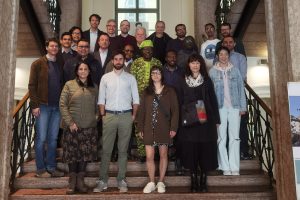
DataScientia Workshop Meeting
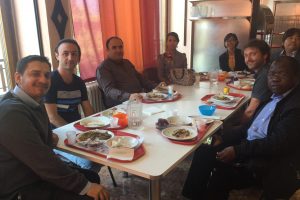
Workshop on NLP Solutions for Under Resourced Languages
